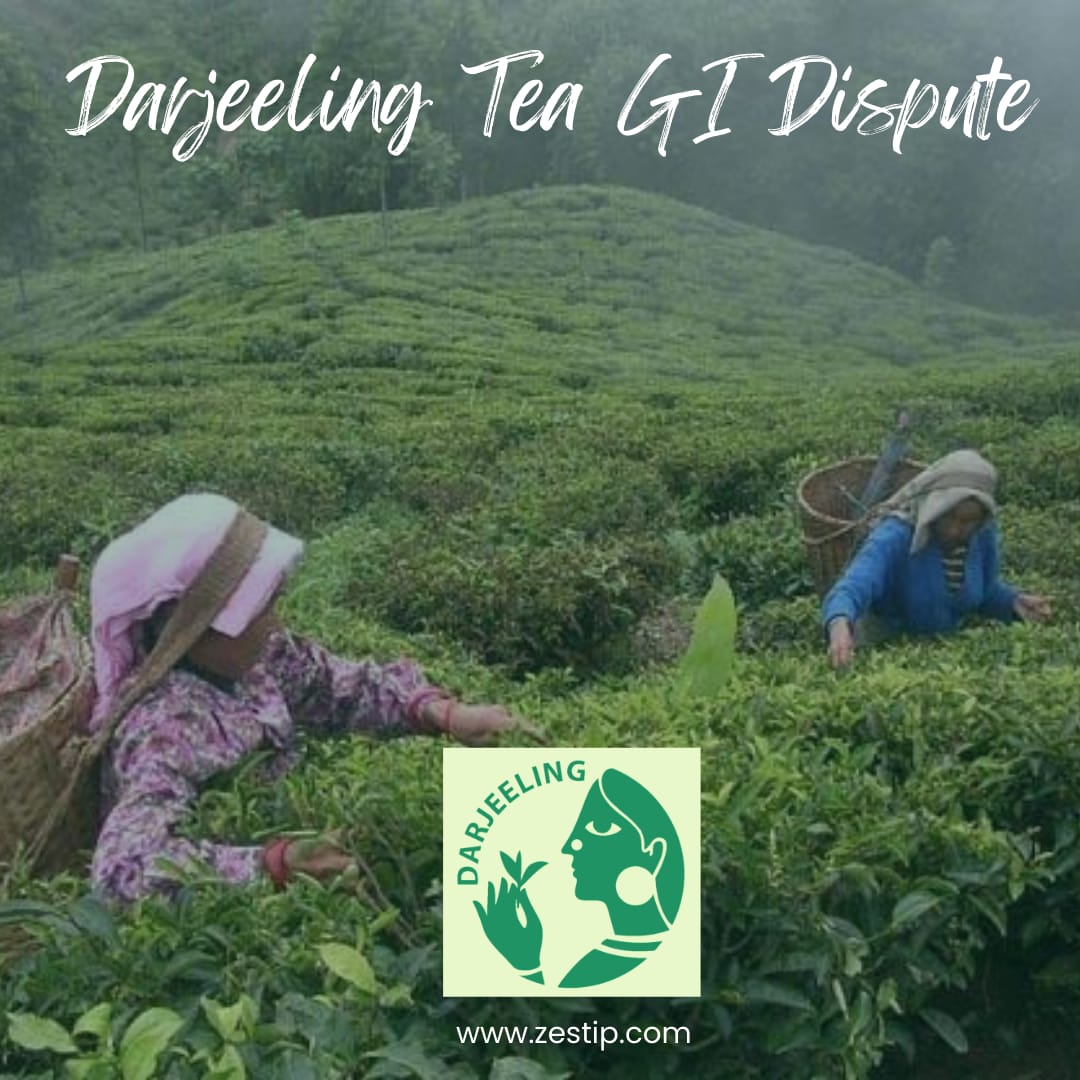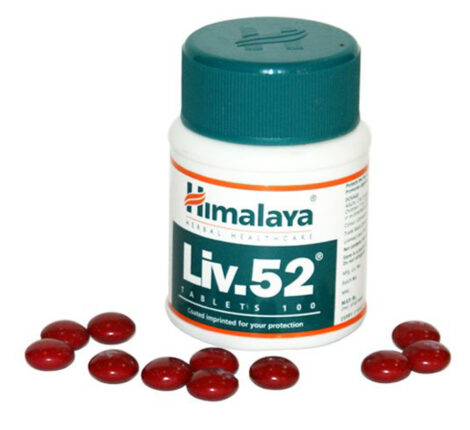The GI Dispute Involving Darjeeling Tea
Introduction
Tea is India’s oldest industry in the manufacturing sector and retained its position as the largest employer in the world. In the context of tea, “Darjeeling Tea” is one of the premium quality teas in India; this tea is exported in all the states. Among the teas grown in India, Darjeeling tea has a distinctive quality and flavor characteristics and a global reputation for more than a century.
The geographical Indication (GI) tag protects the geographical indication of a country. It is a form of intellectual property based on geography and traditional key in order to preserve the country’s natural resources. There are more than 300 GI tag registration in India to protect natural resources like Basmati, Kholapuri Chappals, Navara rice, etc, and the list goes on. This article will discuss the dispute involving “Darjeeling Tea, ” one of India’s most significant landmark judgments involving GI.
What is a GI tag?
A Geographical Indication is a form of intellectual property rights in order to protect the rights of natural, geographical, and cultural resources e.g., Darjeeling Tea, Basmati Rice, etc., preserving the country’s heritage[1].
A GI tag has been defined under the TRIPS agreement which states that it is an originating in a territory of a member or a regional locality in that territory, where given equality, reputation or other characteristics of the goods is attributive equally[2] and also, they are recognized under an international agreement. The mark of the GI tag act as an indicator that identifies goods as which originator is a member of the corner[3]. There has been a separate law which is known as the geographical indicator of goods (registration and protection) act, 1999.
Also read: The GI Battle Between ‘West Bengal’s Rasogolla’ And ‘Odisha’s Rasagola’
Dispute over Darjeeling Tea GI Tag
We all know that “Darjeeling Tea” has become India’s first GI tagged product in the year 2004-2005. The Tea Board of India controls the production and all the related work. Still, since then, many disputes related to Darjeeling tea have been seen because of the several registered GIs. In this particular case i.e., Tea Board of India vs. ITC Ltd[4], the Tea board initiated a dispute against ITC ltd on the basis of their registered GIs including Darjeeling. The dispute arose on the basis of trademark infringement u/s 29 of the Trademark act[5] and u/s 22(1) of the GI Act[6] for infringement of GI act that ITC ltd. has used the Tea Board logo i.e., the “Darjeeling” logo as a trademark as “Darjeeling lounge” at his hotel in Kolkata and also contented for the infringement of certification trademark. Furthermore, they also contended that it is unfair competition and will create a lot of confusion among the guests at Darjeeling lounge and will create a fairly idea that they are somewhere connected with Darjeeling Tea.
This case dispute has been filed for the infringement of rights of copyright trademark (u/s 78 of the act[7]), trademark infringement (u/s 29), and infringement of copyright trademark (u/s 75 of the act).
Using the dispute GI tag, many cases are related to trademark infringement and copyright issues. Similarly, another dispute arose in the case of Wockhardt Limited v. Torrent Pharmaceuticals Ltd[8]., where the plaintiff (Torrent Pharmaceuticals) owned a trademark called “Chymoral” and “Chymoral forte”, which is a drug used for swelling that may arise and/or wound that may arise. They filed a trademark infringement against the Wockhardt limited for using their “Chymoral Forte” trademark. Further, the court held the decision in favor of Torrent Pharmaceuticals Ltd and also held that Wockhardt Limited has violated the rights of Torrent Pharmaceuticals.
Judgment
From the above dispute, it was held that the lounge was started in the year 2003 and the case was filed in 2010, which is above 5 years, and as per the GI act, the case should be filed within 5 years. But on the merit basis, further, the court held that since a lounge is a place/ hotel and the geographical indication is related to only goods, therefore there is no connection seen between Darjeeling Tea and Darjeeling Lounge, and nowhere it is found that the defendant uses the mark in a bad intention. Another fact that was laid down was that “Darjeeling” is not a trademark. It is only used to indicate the geographical indication of a place from where the tea originates. Furthermore, the court held that there is no unfair competition under the definition of Geographical Indication. And also, the board conducted that the plaintiff’s rights stood violated under the Trademark Act 1999 but the court noted that Board had only a certification mark within the meaning of section 2(e) of the Trademark Act, 1999[9], which does not amount to a violation of registered trademark.
Also read: Prospects and Challenges of GI protection in India
Conclusion
Geographical Indication is defined under section 3 of Part II of the Trips Agreement, which states that Geographical indication is used to protect the goods. From the above case, we get to know that the importance of geographical indication is to protect the rights of holders. GI tag gives the right to the GI holder to stop any person or entity from using their representative GI tag or logo. From the definition mentioned in sec. 2(e) of geographical indications[10] mentioned under the Trips Agreement, it is clearly mentioned that GI is only about the product with the word good/s in it and GI is about the product with special characteristics, environment, climate, and human intervention of a specific region.
[1] “Disputes over Geographical Indication” (February 26, 2020), available at: https://www.intepat.com/blog/geographical-indication/disputes-over-geographical-indications/.
[2] https://www.wto.org/english/tratop_e/trips_e/ta_docs_e/modules4_e.pdf.
[3] Rohan Dalbehera, “Case study: Tea Board of India vs. ITC Ltd.” (February 27, 2019), Khurana and Khurana, available at: https://www.mondaq.com/india/trademark/785150/case-study-tea-board-of-india-vs-itc-ltd.
[4] Tea Board of India v. ITC Ltd., C.S No. 250 of 2010.
[5] The Trademark Act, 1999, § 29.
[6] The Geographical Indication Act 1999, § 22(1).
[7] Supra n(4), §78.
[8] Wockhardt Limited v. Torrent Pharmaceuticals Ltd
[9] Supra n(4), §2(e).
[10] The Geographical Indication Act 1999, §2(e ).
– Divya Bhargava, (Intern), Indore Institute of Law, Madhya Pradesh
Disclaimer: This article is intended to provide general guidance to the subject matter. It does not contain legal advice. For any specific advice/corrections, write to [email protected]
© ZEST IP




